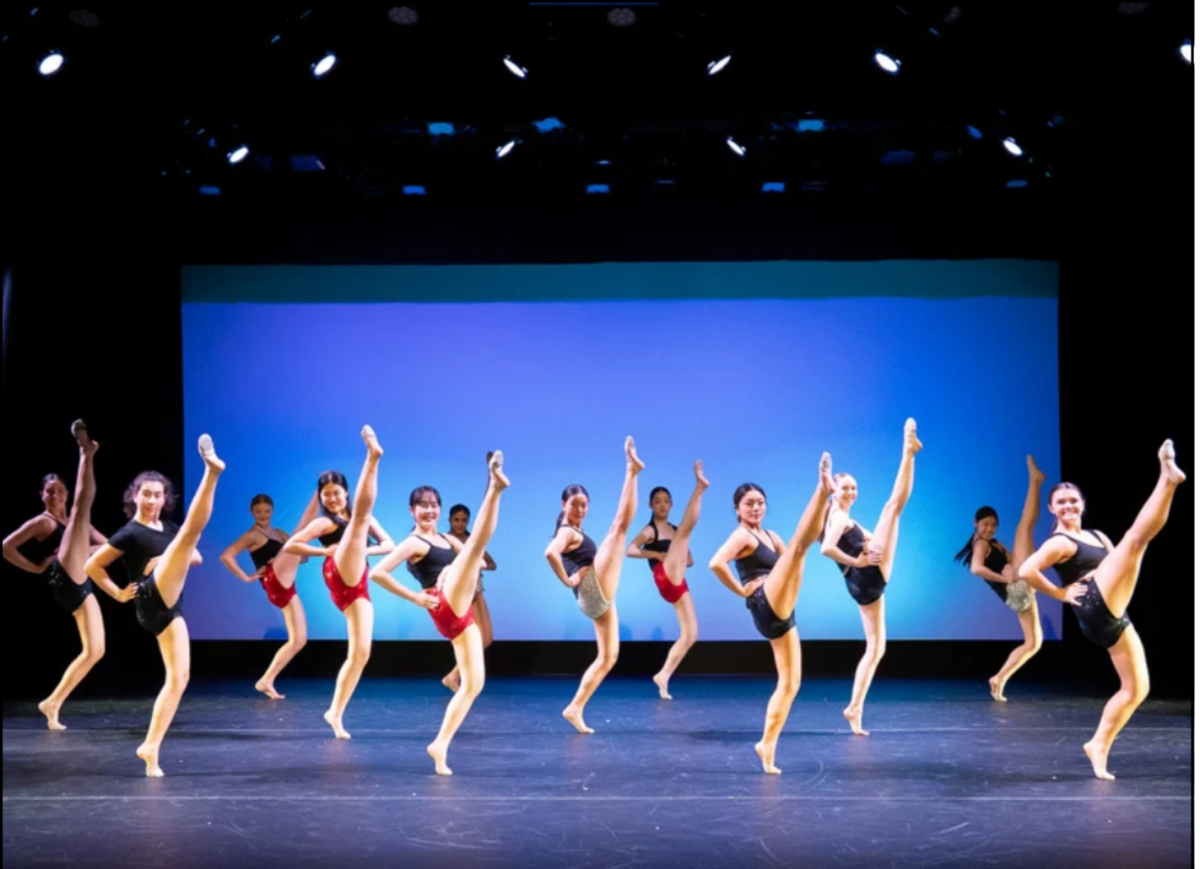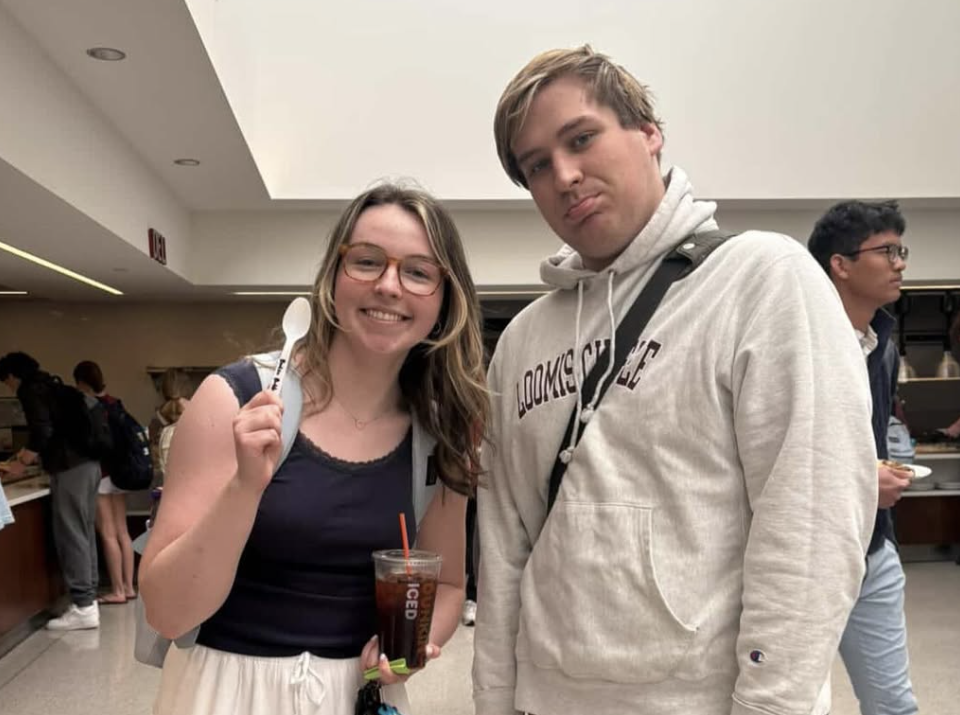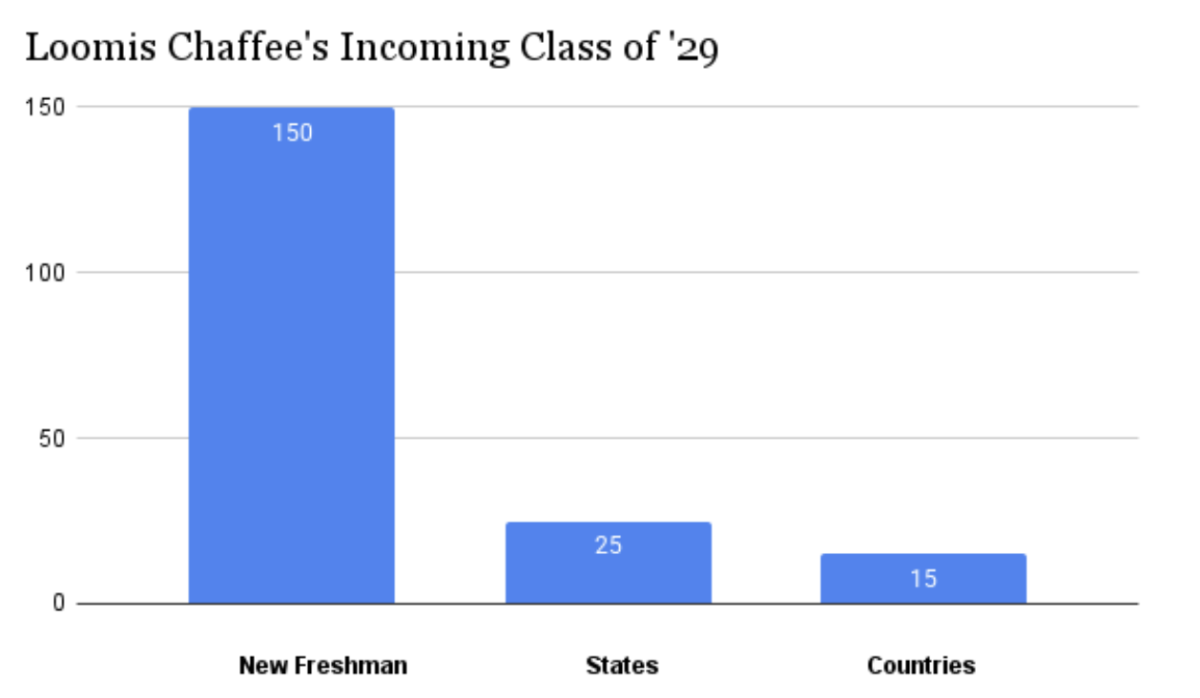In any presidential election year, the airwaves and news headlines are dominated by the campaign coverage of Democratic and Republican candidates angling to be their party’s nominee. In this cacophony of negative advertisements, campaign speeches, and promises to fix any and all problems, the presidential debates serve as a platform on which candidates can directly address issues and questions.
Oftentimes, these debates are considered to be dreary affairs, however, the influence that they can have on a campaign is unparalleled in the national audience and attention that they garner. For example, the first televised presidential debate in 1960 between John F. Kennedy and Richard Nixon is still cited as the reason for why Nixon lost – Nixon came across as sweaty and shifty while Kennedy came across as calm and poised.
As the popularity of these debates grew, so did their memorable moments. One of the most famous quips came in 1984, when voters were worried about Ronald Reagan’s age. During a debate, he diffused this concern by noting, “I am not going to exploit, for political purposes, my opponent’s youth and inexperience.” Reagan achieved a landslide victory, winning 49 of 50 states, having clearly influenced the public through his poignant speech.
In 1987, The Commission on Presidential Debates was established to ensure that debates, a permanent part of every general election, provide the best possible information to viewers and listeners. Its primary purpose is to sponsor and produce debates for the United States presidential and vice presidential candidates. While it would seem that the emotional gravitas, experience, and policy positions of presidential candidates would be the determining factors, it is usually a clever retort or one-liner or gaffe that is enshrined in the nation’s memory. Al Gore’s visible annoyance during his 2000 debate with George Bush, John McCain’s reference to Barack Obama as ‘that one’, and Rick Perry’s ‘ooops’ moment in a Republican Presidential debate in 2011 are all viewed as having contributed to their defeats.
Typically, the Commission on Presidential Debates organizes three debates between the two primary party nominees – a domestic policy debate, a foreign policy debate and a general debate in a town hall setting where members of the audience offer up questions. Candidates are asked questions by a moderator, who in recent years has come from one of America’s major broadcast news networks. Candidates then have a set period of time for responses and rebuttals.
For the millennial generation which is more in tune with social media than network television, there is a steady diet of updates on Twitter and Facebook and other outlets – with instant reaction modeled by various tracking websites. For example, Nicholas Wells, Eric Chemi and Mark Fahey document on CNBC on Nov 2, 2015, that the increase in the number of Twitter followers for a candidate is a simple and telling statistic of the post-debate success of that candidate.
Looking at the current presidential election, we see that the man who is attracting the most attention is Donald Trump, the republican frontrunner. Oftentimes disregarding the notion of political correctness, he has attracted widespread attention. His harsh policies on Muslims and immigration have sparked heated controversy and have often placed him under siege by other candidates. Trump has made back and forth attacks on nearly every other republican candidate, even going as far as blaming 9/11 on the brother of opposing candidate Jeb Bush. As for the Democratic party, there are currently only two major players: Hillary Clinton and Bernie Sanders.
In an age of instant gratification and limited attention span, as our country is grappling with various domestic and foreign policy concerns, it is incumbent upon all of us to pay attention to the presidential candidates and their solutions. Participating actively in this wonderful democracy is a privilege that we need to cherish, so, let’s pay a little attention to the presidential debates this fall.







